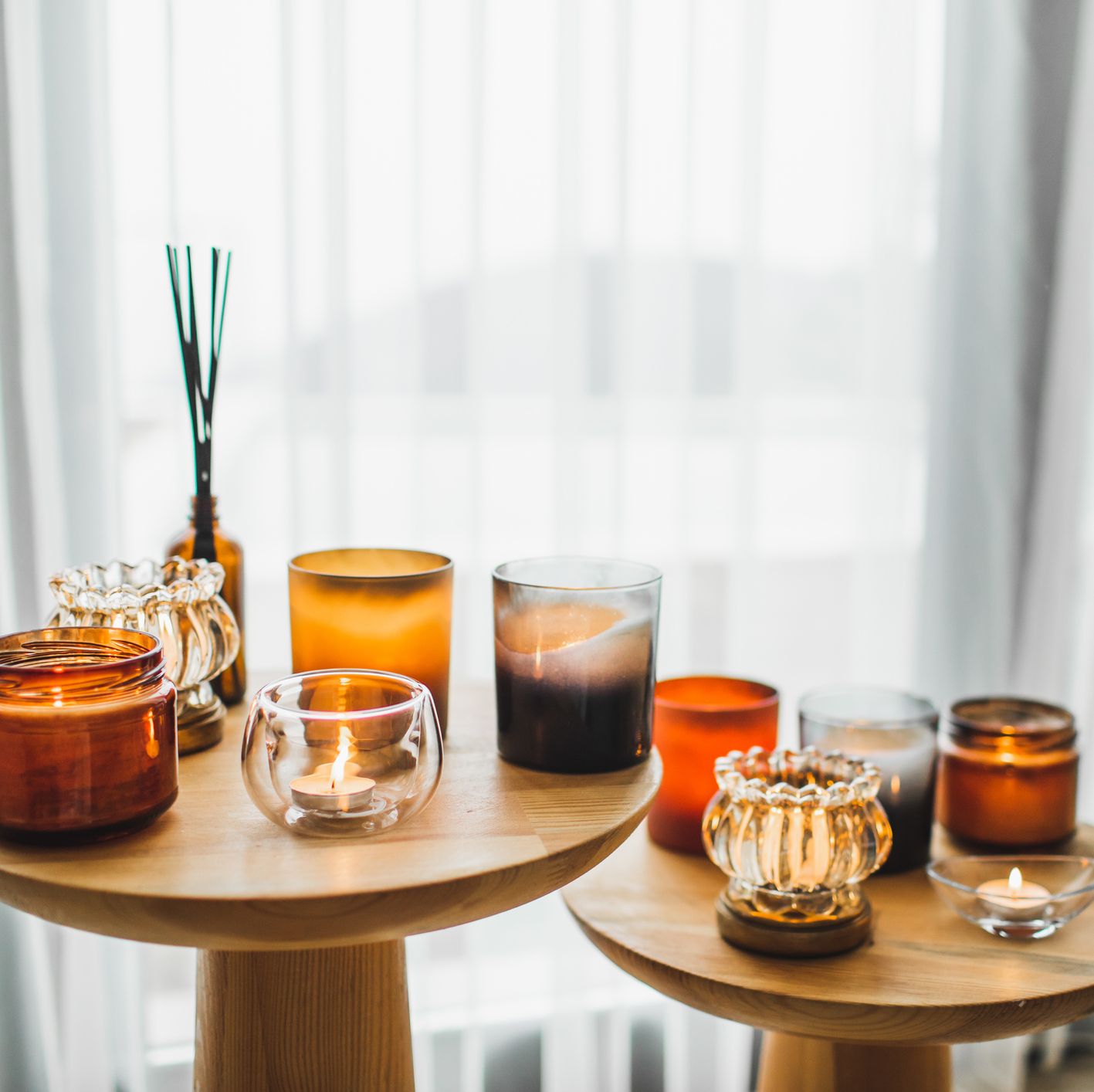While oranges and cloves moved from medicine cabinet to kitchen, rosemary fell out of festive fashion in England.
The waft of pine trees and cinnamon biscuits may mean it is beginning to smell a lot like Christmas, but the odours that conjure up yuletide today may not always have had such joyful connotations, research has revealed.
Experts studying records of smells described in texts dating as far back as the 16th century say they have discovered the scents we associate with Christmas have shifted over time.
An orange studded with cloves yields may be deemed to be the quintessential festive fragrance today, but in the 17th century it could also have triggered associations with the plague.
While such spices and fruits were used in food preparation – as attested by the Elizabethan playwright Thomas Dekker’s description of stuffed boars’ heads – cloves were also used inside pomanders: either metal balls or hollowed-out oranges.
“That is mainly used to protect against disease in the 17th century,” said Dr William Tullett of Anglia Ruskin University in Cambridge, the author of Smell in Eighteenth-Century England.
“None other than Henry VIII’s Cardinal Wolsey was said to have carried an orange stuffed with spices to cover up the smells of lawyers and plaintiffs that crowded Westminster Hall,” he added.
Over time the combination of oranges and cloves faded from written sources, only to re-emerge in the 20th century when dried clove-stuffed oranges, often covered in cinnamon, nutmeg and clove oil, came back into fashion.
“That seems to [have] become a Christmas thing,” said Tullett.
The shift in the association of oranges and cloves away from disease was key – meaning the scents became firmly linked to settings such as the kitchen.
“The spices are being used in food in the 17th century. But what changes is that once we get to the end of the 18th century, people no longer believe that the smells of spices and herbs could do anything for you medically. So all that’s left for this stuff is [for it to] be used for food and making your home smell nice.”
Indeed, cloves, cinnamon, nutmeg and other spices had long been used for culinary purposes, including in gingerbread and mulled wine, while their link to the festive season may also have developed from an earlier association with the new year.
Tullett said the findings came from a search of a database known as the “SmellExplorer” that contains 218,903 text extracts dating from the 16th to 20th centuries. The resource was created as part of the Odeuropa project, of which Tullett is a member, which uses artificial intelligence to scour written records for the smells of the past.
Tullett added that other scents appeared to have lost their Christmas associations, noting that rosemary was once commonly associated with yuletide – as recorded by the 18th-century poet John Gay in his book Trivia, described by Tullett as kind of a poetic guidebook to London.
“He has a bit where he says: ‘When rosemary, and bays, the poets’ crown, Are bawled, in frequent cries, through all the town; Then judge the festival of Christmas near,’” said Tullett.
Other texts also cite the herb. “One famous 16th-century Christmas carol celebrated the serving of a boar’s head on Christmas tables ‘Bedeck’d with bays and rosemary’,” Tullett added.
But some things have not changed. Tullett reveals that a play from 1679, written by John Fletcher and performed at the royal court at Christmas, contains a line in which a character, referring to someone who has been drinking, says: “He stinks of Muscadelle, like an English Christmas.’”
“[Muscadelle] is a sweet wine,” said Tullett, adding that it was associated with the festive period not least because it was often used in wassail bowls.
“So that idea of getting so drunk that you just smell of alcohol as being part of Christmas seems to go back all the way to the 17th century,” he said.
Source: Do you smell what I smell? How scents linked to Christmas have changed | Christmas | The Guardian













